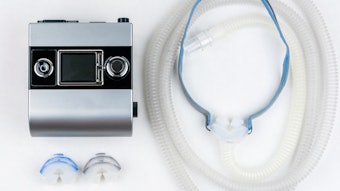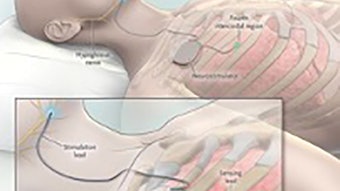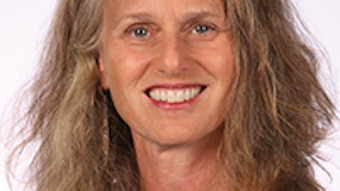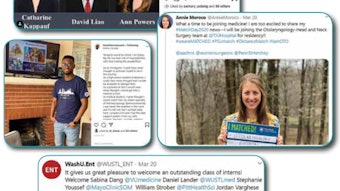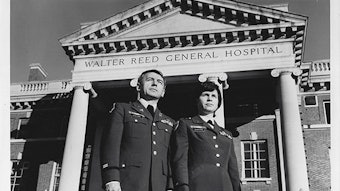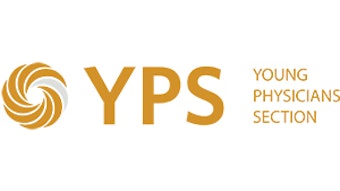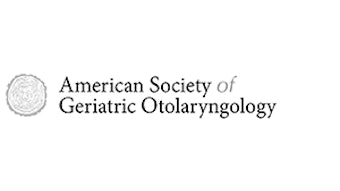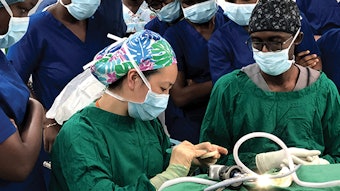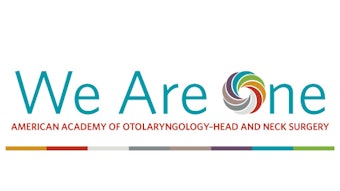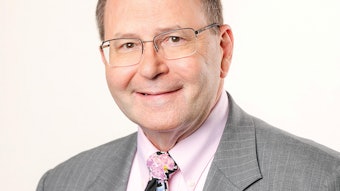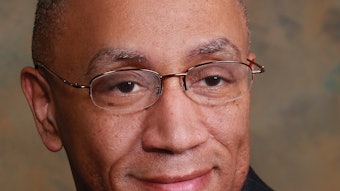International Guest of Honor: German Association of Ear-Nose and Throat Surgeons
In 1950, the German ENT surgeons felt the need to organize themselves because a new medical fee schedule was to be implemented on the federal level. Due to its statute, the scientific society of ORL was not allowed to deal with this matter, and in 1951, the German Association of ENT Surgeons (Deutscher Berufsverband der Hals-Nasen-Ohrenaerzte e.V.) was founded.
The German Association of Ear-Nose and Throat Surgeons—the Political Think Tank of German ORL
Dirk Heinrich, MD, PhD, President
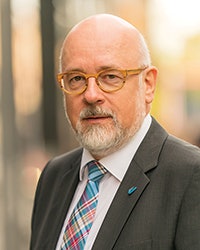
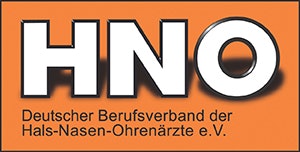
The Association is the partner of all major players in the medical field in Germany, including the Chamber of Physicians, the Sickness Funds Doctors Association, the Sickness Funds, the Government, the Minister of Health, and numerous other organizations. It negotiates the medical fee schedule for ORL and all other rules and guidelines in the medical field. Whenever necessary, these activities are coordinated with our scientific society, the Deutsche Gesellschaft fuer Hals-Nasen-Ohrenheilkunde.The president of the Association is on the Board of Governors of the scientific society, and vice versa. The Association is organized on the federal level as well as on the state level, because rules in the medical field are often different in the 16 states of the Federal Republic of Germany. The Board of Directors consists of the 16 regional chairs and two representatives from the scientific society. The two organizations also run the German ENT Study Center in order to direct these studies more toward the evidence gaps in ORL.
ORL in Germany faces major challenges. Compared to other countries, the number of hospitalized patients is significantly higher. The government is clearly heading toward more ambulatory care. This will lead to structural changes in ORL. Hospitals will be closed. Surgical procedures will be done in joint ventures of hospitals and private practices. It is the purpose of the Association not only to monitor these upcoming changes, but also to influence them as much as possible—or even invent and manage model ventures to overcome the division of outpatient and hospital-based patient care in Germany. Most medical specialties in Germany have a scientific society but also an association. These associations form a very powerful organization on the federal level, the Spitzenverband Fachaerzte Deutschlands, the top association of all medical specialists, which represents 150,000 physicians. Currently, the president of the ENT Association is also the president of this top association.

